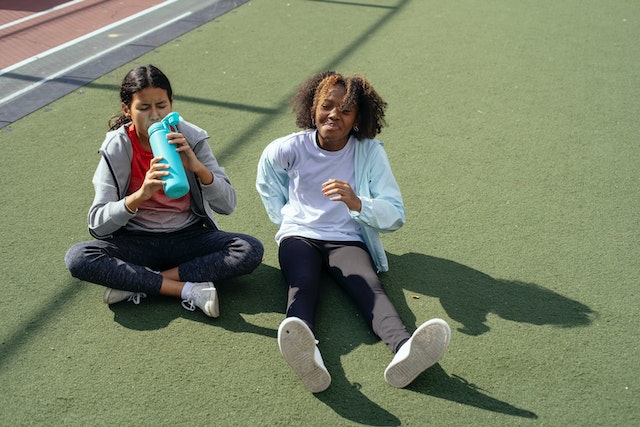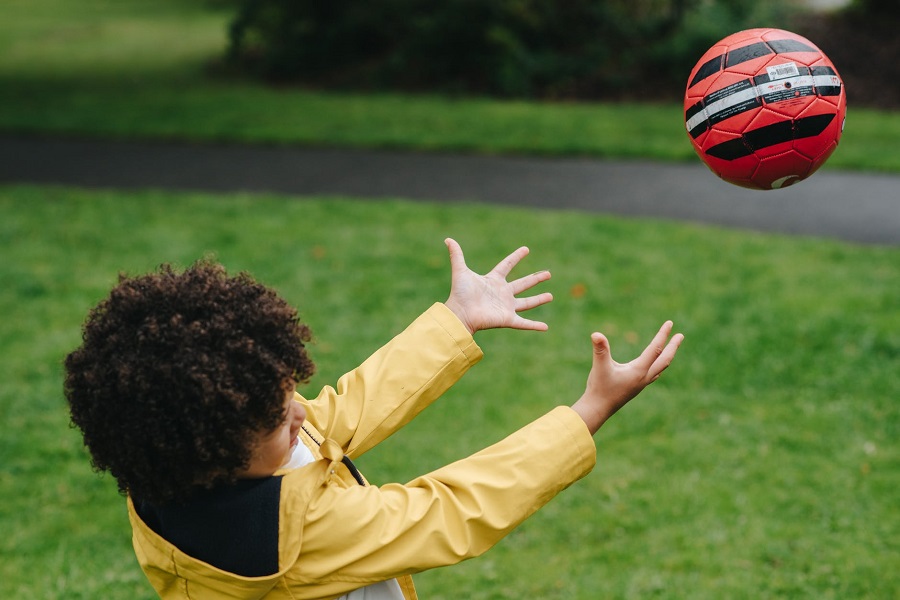Introduction:
As the summer heat intensifies, it becomes crucial to ensure that school-going kids stay properly hydrated throughout the day.
Water is essential for maintaining their overall health, supporting bodily functions, and preventing dehydration.
However, determining the adequate amount of water intake for big kids during the summer can be a challenge.
In this article, we will provide you with essential guidelines on how much water school-going kids should drink during the summer to keep them hydrated and healthy.
Factors Affecting Water Needs:
Several factors influence the water requirements of big kids during the summer.
It’s important to consider these factors when determining their daily water intake:
Age and Weight:
Older and heavier children generally require more water to meet their body’s needs. As children grow,their bodies undergo changes that may increase their water requirements.
Activity Level:
Active children who engage in sports, outdoor play, or physical activities tend to lose more fluids through sweating and may require additional water to replenish their hydration levels.
Climate and Temperature:
Hotter climates and higher temperatures lead to increased perspiration and fluid loss. Children living in regions with intense summer heat may need more water to stay properly hydrated.
Individual Needs:
Each child is unique, and their water requirements may vary.
Some kids may naturally have higher fluid needs due to factors such as metabolism, body composition, and personal hydration patterns.
Guidelines for Water Intake:
While individual water needs may vary, the following guidelines can help you estimate the appropriate amount of water intake for school-going kids during the summer
Start with the Basics:
Encourage your child to drink water throughout the day, regardless of their activity level or the weather. Make water easily accessible to them by providing a water bottle that they can carry to school.
General Recommendations:
According to the American Academy of Pediatrics, school-aged children (ages 5-12) should aim to drink around 5 to 8 cups (40-64 ounces) of water per day. This recommendation considers both water intake from beverages and water-rich foods.
Adjust for Activity Level:
If your child is participating in physical activities or spending time outdoors, encourage them to drink additional water to compensate for the fluids lost through sweating. Remind them to take regular water breaks during exercise or playtime.
Monitor Urine Color:
One way to gauge hydration levels is by monitoring your child’s urine color. Light or pale yellow urine indicates adequate hydration, while dark-colored urine may suggest dehydration. Encourage your child to drink more water if their urine appears dark.
Individualize Based on Needs:
Pay attention to your child’s thirst cues and individual needs. Some kids may naturally drink more water, while others may need gentle reminders. Encourage them to drink water before, during, and after school hours.
Encourage Water-Rich Foods:
Incorporate water-rich foods into your child’s diet to supplement their hydration. Fruits and vegetables such as watermelon, cucumbers, oranges, and strawberries have high water content and can contribute to their overall fluid intake.
Conclusion:
Proper hydration is vital for school-going kids during the summer months to maintain their health and well-being.
While general guidelines suggest 5 to 8 cups (40-64 ounces) of water per day, it’s essential to consider individual factors such as age, weight, activity level, climate, and personal needs.
Encourage your child to drink water regularly, monitor their urine color, and adjust their intake based on their activity level and thirst cues.
By promoting healthy hydration habits, you can help your big kids stay refreshed, energized, and ready to tackle their summer adventures.
![]()











